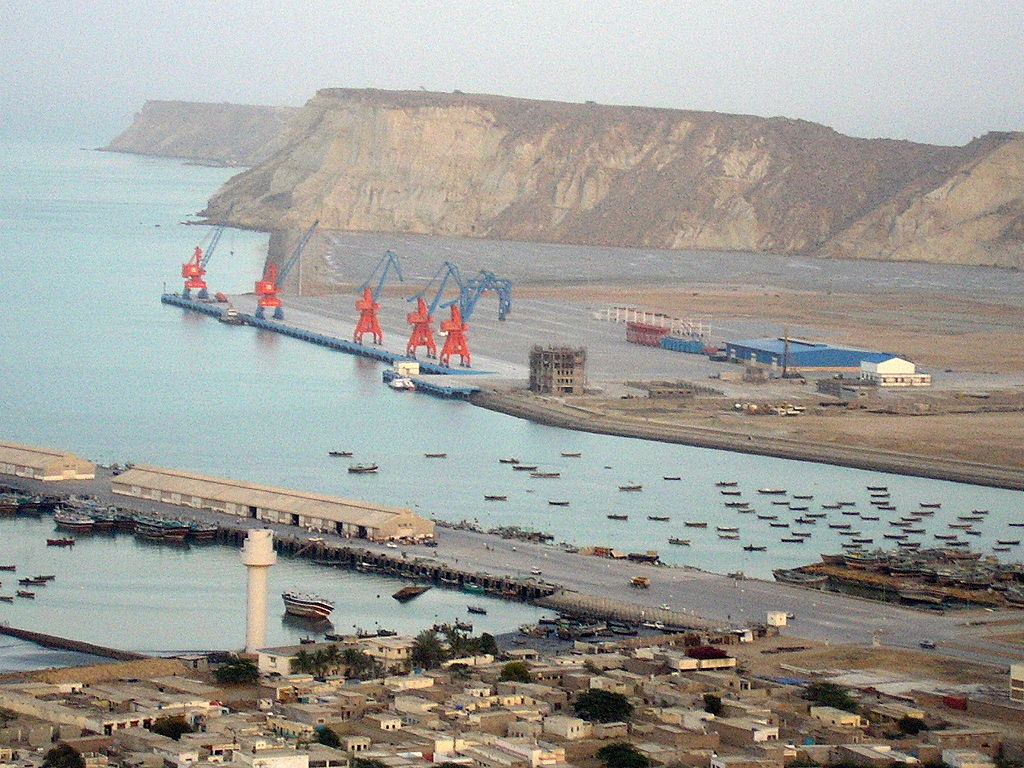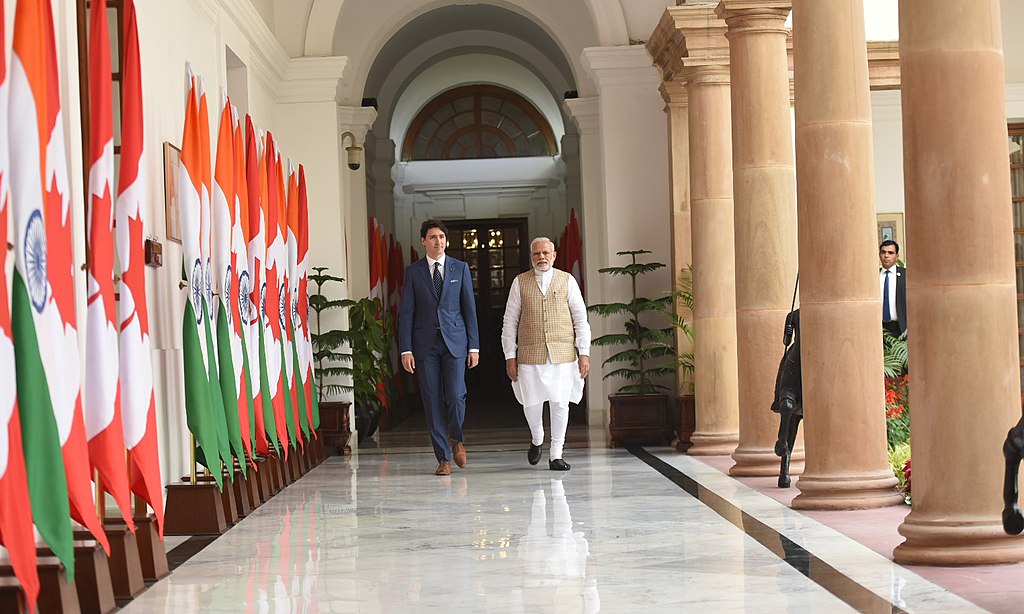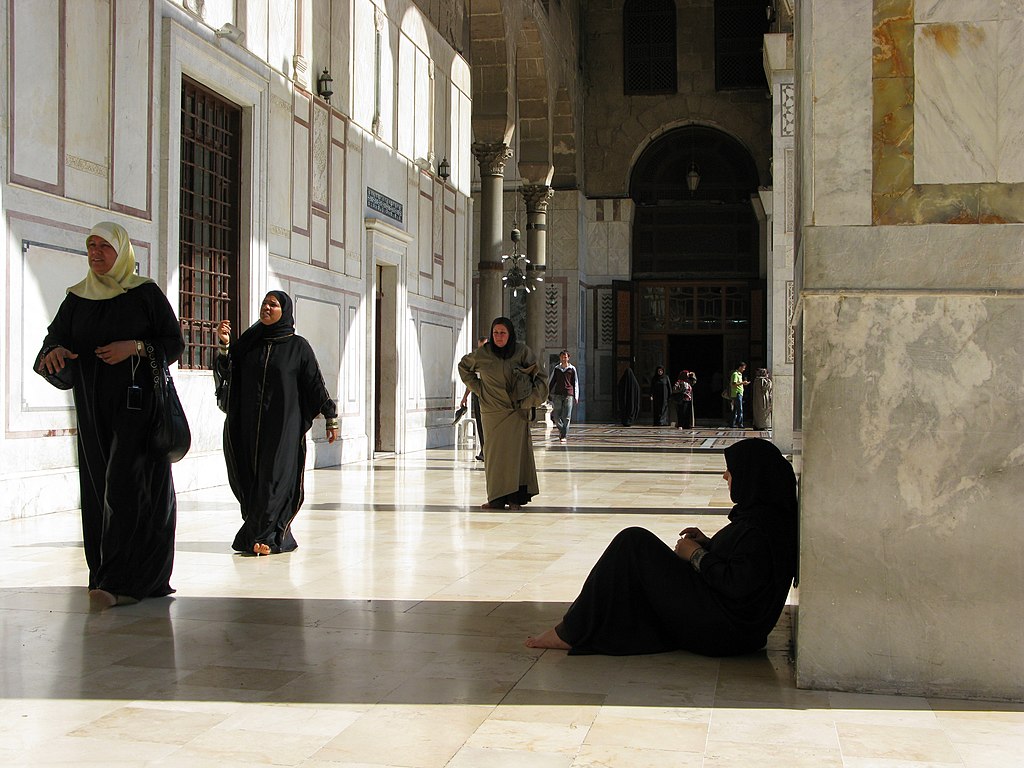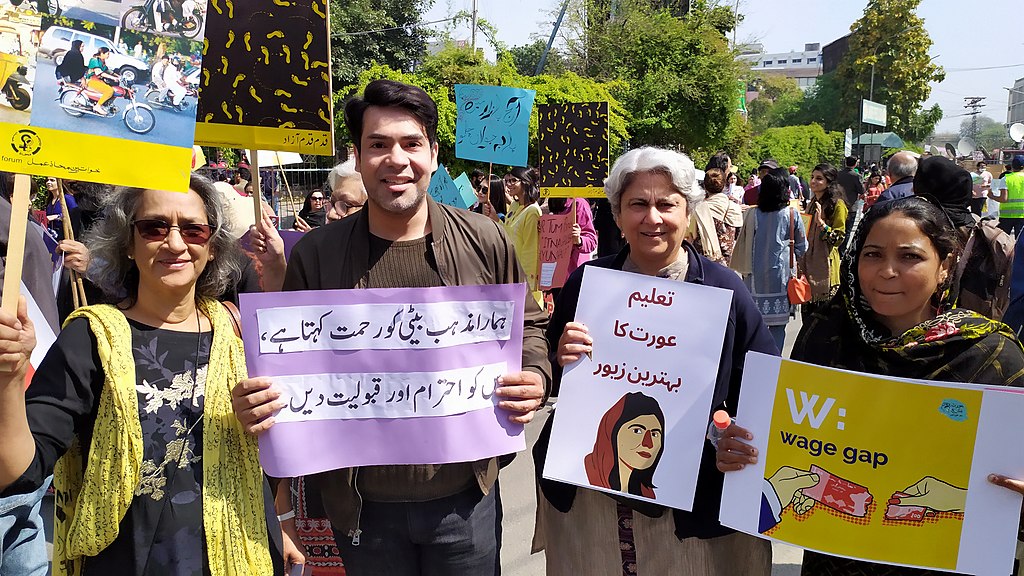This is a summary of the original report by Ali Jehangir Siddiqui for the Atlantic Council titled “Pakistan: The next great infrastructure connector“ that may be found here
Pakistan’s astute use of its geostrategic location and development of its domestic infrastructure can transform the country into a regional transit hub for energy, trade, and digital communications.
The country lies at the intersection of the rich natural resources of Central Asia and the Middle East, and the markets of China and India. Capitalizing on these strengths as a regional connector, Pakistan could accelerate economic growth across the region. Strengthening regional economic linkages in this manner will bolster interdependency, fostering improved long-term relations between countries in the region.
Pakistan offers access to hard infrastructure such as the Karachi, Gwadar, and Port Qasim seaports, as well as soft infrastructure, for example, an extensive free trade agreement with China which, over the next ten years, will provide for very low to zero tariffs for nearly all goods manufactured in Pakistan. For countries looking to access the Chinese market, investment in Pakistan is an attractive opportunity.
The country’s potential to serve as the next great connector in the region is based on its development of the following sectors:
Gas Pipelines
Pakistan’s energy policy over the last two decades has led to exponential growth in the demand for natural gas. For Pakistan, natural gas imports by pipeline would significantly lower the cost of importing LNG or other petroleum products. From a regional perspective, purchasing gas from Turkmenistan and providing transit revenue to Afghanistan would enhance Pakistan’s political affinity with both countries.
The proposed 1,800 km Turkmenistan-Afghanistan-Pakistan-India (TAPI) pipeline is in the advanced stage of planning, along with the 1,100 km Pakistan Stream Gas Pipeline (PSGP) between Pakistan and Russia. Besides, the Iran-Pakistan-India (IPI) Pipeline to transport gas from Iran to Pakistan, and potentially to India, has also been planned.
Electricity Distribution
With the rapid development of power generation projects under CPEC and a supportive policy framework, Pakistan’s planned electricity transmission projects have the potential to transport electric power across the region, allowing electricity to be traded and also providing stability to otherwise isolated grids within countries. Providing stable transmission of electricity to neighboring countries will create mutually beneficial gains, mitigating the negative impact of seasonal or unanticipated electricity shortages.
In this regard, the $1.2b World Bank and USAID-financed Central Asia-South Asia 1000 (CASA-1000) project for the import of 1,300 megawatts (MW) of relatively inexpensive hydroelectric power to Afghanistan and Pakistan from the Kyrgyz Republic and Tajikistan is already under construction. This will be in addition to the already operational 1000 km Matiari-Lahore High Voltage Direct Current (HVDC) 1,000 km transmission line to carry electricity from new power plants in southern Pakistan to demand centers in northern Pakistan, and the planned 1100 km Matiari-Faisalabad HVDC line, both under CPEC.
Road Networks
Pakistan provides a key transport corridor to both China and Central Asia. Its new and upgraded motorway network offers a relatively low-cost means of transport for trade connecting the Arabian Gulf, Central Asia, and China. Continued development of the road network into Central Asia promises to bring further economic gains to Pakistan as well as the region.
There has been significant development of Pakistan’s road network under CPEC. Flagship road projects under CPEC include the 1,100 km Peshawar-Karachi Motorway, which connects Pakistan from north to south. Another 1,153 km parallel route, known as the Western Corridor, involves upgrading various routes along Pakistan’s National Highway connecting the province of Balochistan to the country’s Northern Areas. This route has the potential to connect further to China. Construction of the southern half of this corridor is complete.
Since joining CAREC in 2010, Pakistan has been actively pursuing opportunities to grow trade with Central Asia and to provide Central Asian countries with access to global markets. CAREC Corridor 5, which passes through China, Tajikistan, Afghanistan, and Pakistan, will open up access to Afghanistan and its neighbors via other CAREC corridors. Key CAREC projects relevant for Pakistan include the Kabul-Karachi economic corridor and the Peshawar-Torkham Expressway.
Rail Links
Much of Pakistan’s potential to serve cross-border railway traffic lies in the fact that it possesses deep-water ports on the Arabian Sea. Transport of goods to and from the ports is one of Pakistan Railways’ (PR) main sources of freight traffic, but due to capacity bottlenecks and limitations, PR currently only serves a fraction of this traffic. PR can also attract various categories of cross-border freight that currently use road transport such as petroleum products, fertilizer, grains, bulk minerals, etc. Furthermore, if reliable land transport links through Afghanistan can be provided, PR could also attract transit traffic from landlocked Central Asian countries such as Kazakhstan, Kyrgyzstan, Turkmenistan, Tajikistan and Uzbekistan apart from Afghanistan itself. These countries could benefit significantly if a reliable regional railway route is established to Pakistan’s ports.
An upgrade of Main Line-1 (ML-1), Pakistan’s main rail network that runs through the provinces of Sindh and Punjab, is one of CPEC’s largest projects. Pakistan and Uzbekistan are also discussing a rail link via Afghanistan at a cost of $5 billion that will substantially reduce the cost of transporting cargo from Tashkent to Karachi. The 6,500 km Islamabad-Tehran-Istanbul line, which is already operational, cuts shipping time in half and provides a safer and cheaper route compared to road.
Digital Connectivity
Digital connectivity is essential for both economic growth and international competitiveness. The country is fast adapting to accommodate its growing domestic digital connectivity requirements. This is a particularly important opportunity given the potential size of the Central Asian market and the fact that nearly half the population of Central Asia lacks digital connectivity.
Pakistan currently hosts two submarine landing stations with six international submarine cable systems that connect Pakistan to Asia and Africa. Connectivity will be further increased when the Orient Express and PEACE submarine fiber-optic cables are completed. Pakistan boasts a domestic optical fiber network of over 130,000 km with a deep fiberization plan underway to add another 45,000 km in the next seven years. With two existing Internet exchange points and a third under development, Pakistan will also be well placed to offer high-speed connectivity and associated services such as data colocation centers to the less-connected Central Asian region.
Under CPEC, an optical fiber connection between Pakistan and China has been completed and development is underway for digital connectivity, including optical fiber networks, to run alongside the TAP pipeline (Digital TAP) and CASA electricity transmission network (Digital CASA). Once completed, these projects can provide Central Asian countries access to affordable digital connectivity.
Risks
As with all international infrastructure projects, there are several risk factors to consider.
The Russia-Ukraine war poses a direct risk to Pakistan’s gas pipeline projects. The conflict is also likely to create disruptions in the natural gas market in terms of price and availability. If natural gas becomes more expensive than other fuels, infrastructure projects that carry gas across borders would become less attractive.
All cross-border infrastructure projects – whether gas, electricity, road, rail or fiber-optic communications – are subject to the stability of the security situation in Afghanistan.
Large, cross-border infrastructure projects such as pipelines and railways are complex and expensive, requiring a significant amount of technical and financial expertise that calls for capacity building within the governments involved.
Successful completion of many of the cross-border projects depends on Pakistan’s diplomatic relations with the relevant countries.
Conclusion
Investment in regional connectivity infrastructure will allow Pakistan to serve as a hub from which Chinese and Central Asian products can reach regional and global markets.
Starting in 2013, more than $25 billion worth of investment through the China-Pakistan Economic Corridor (CPEC) has already resulted in upgraded and expanded domestic infrastructure. As more projects are completed, Pakistan will have the capacity to transport energy resources from Central Asia and the Middle East to the electricity-deficient markets of Afghanistan and China. Besides, direct road and rail access to Pakistan’s ports can facilitate export of commodities from Central Asian countries, many of which are landlocked. Central Asian countries can be digitally connected by providing an efficient access pathway for Internet communication.
By further prioritizing regional connectivity, Pakistan would quickly actualize its role as the next great connector, binding its own destiny with Central Asia for a shared future.
The views expressed herein may not necessarily reflect the views of JI FAD and/or any of its affiliates






